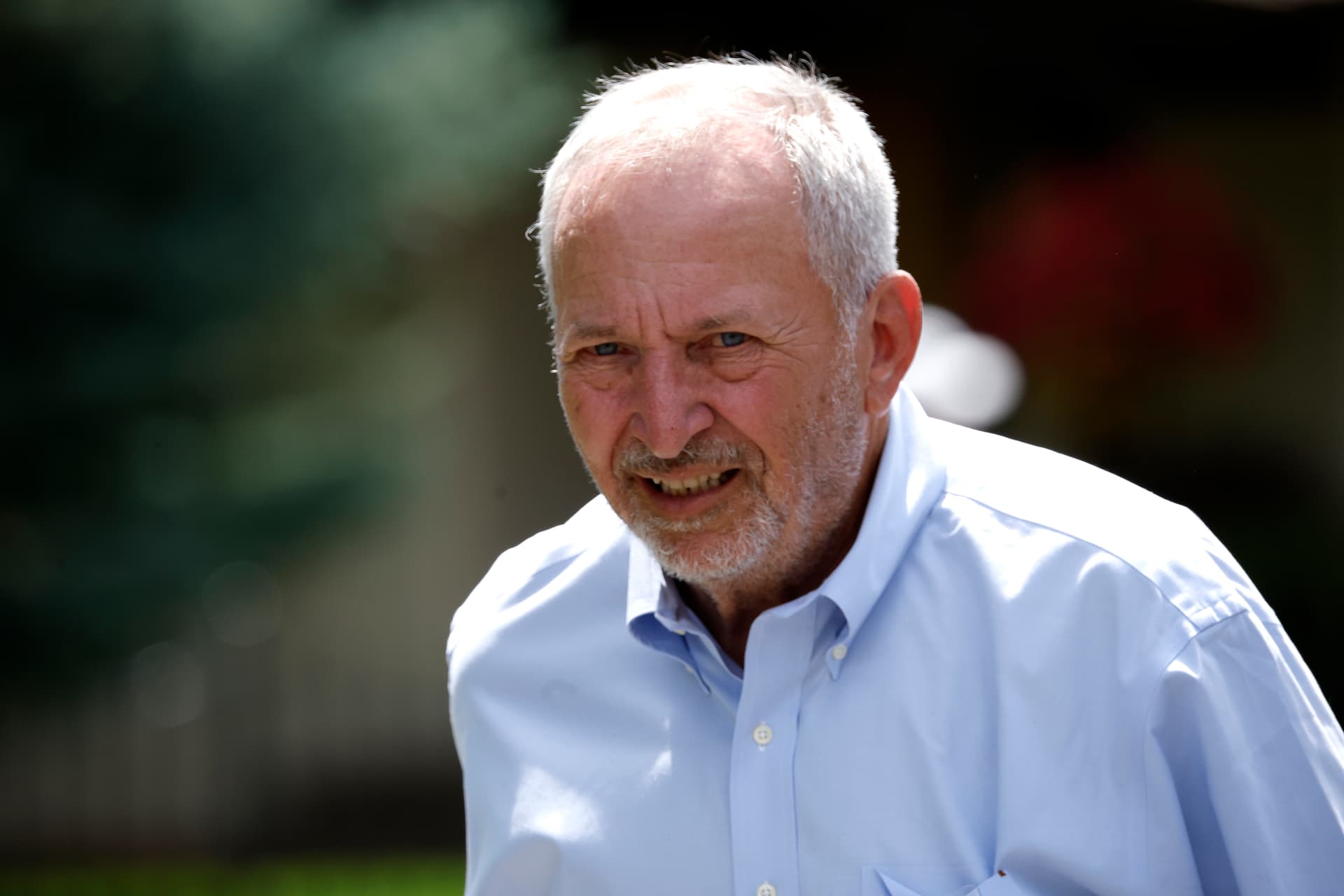
Larry Summers, in Final Career Blow, Will Leave Harvard Under Epstein Cloud
By NOVI ZHUKOVSKY
|Pope Francis’s failing health and questions about his possible resignation have observers looking to the leading princes.
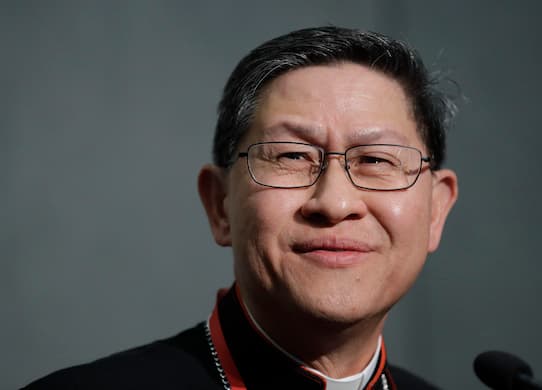
Already have a subscription? Sign in to continue reading
$0.01/day for 60 days
Cancel anytime
By continuing you agree to our Privacy Policy and Terms of Service.

By NOVI ZHUKOVSKY
|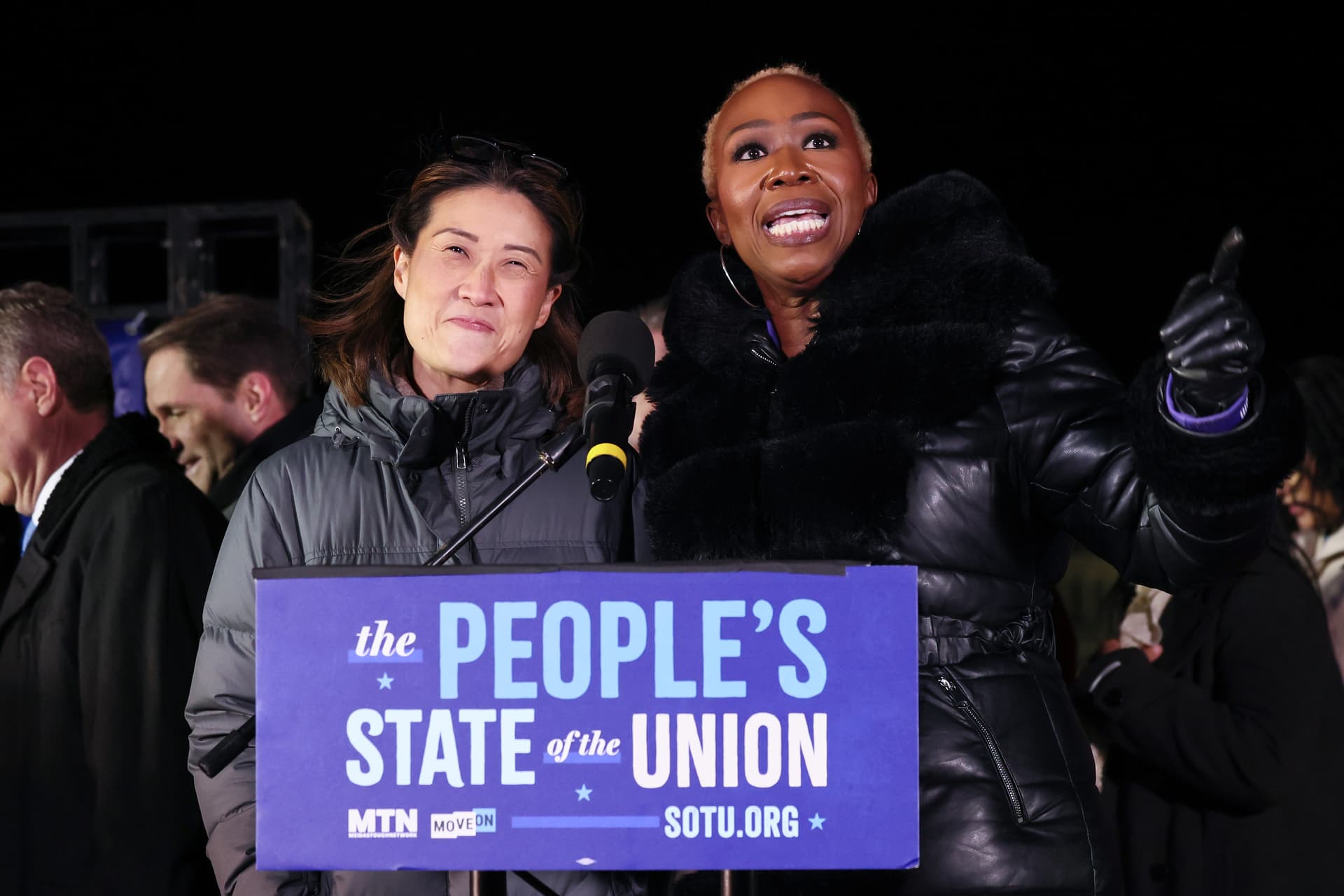
By BRADLEY CORTRIGHT
|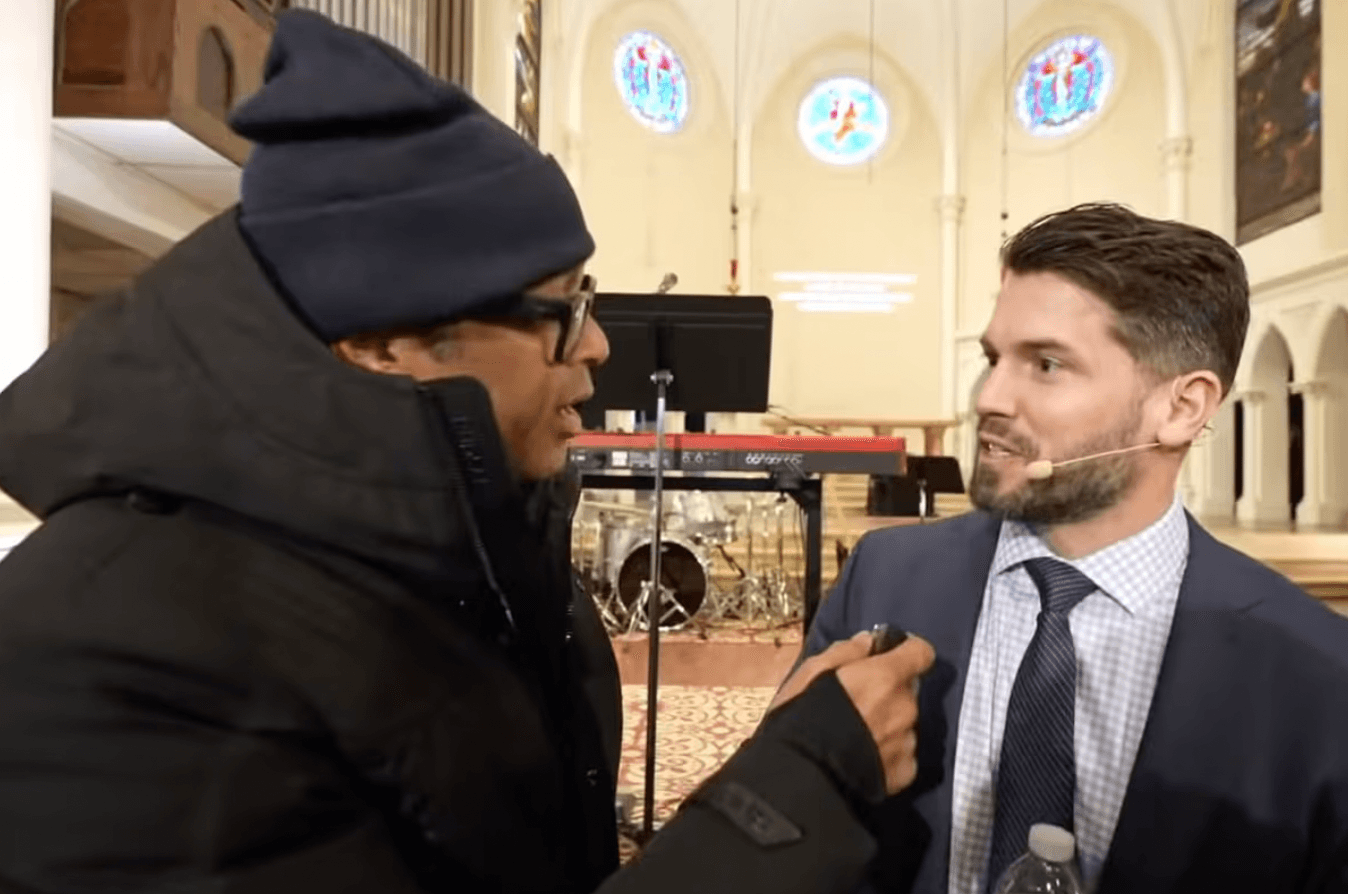
By BRADLEY CORTRIGHT
|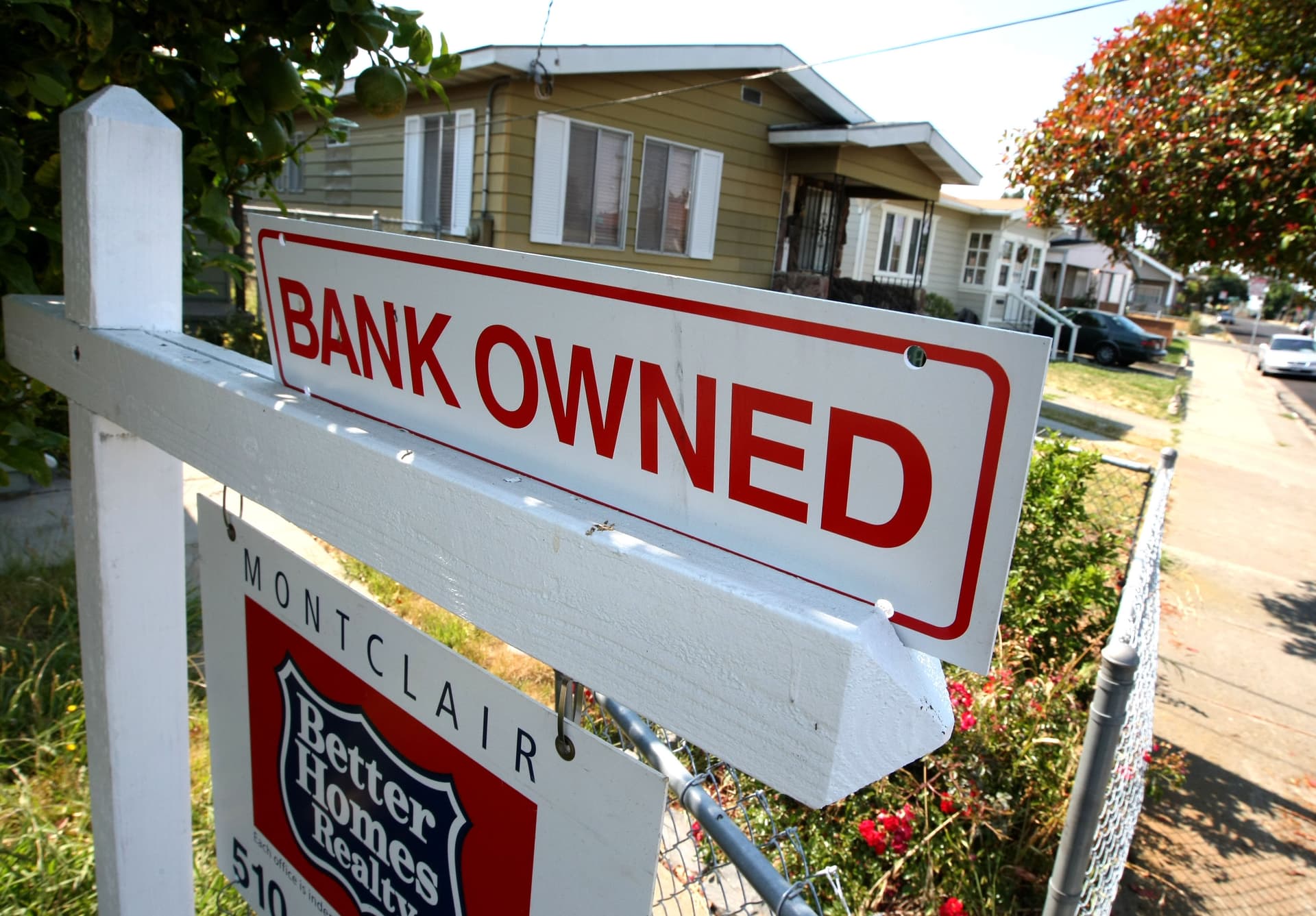
By LUKE FUNK
|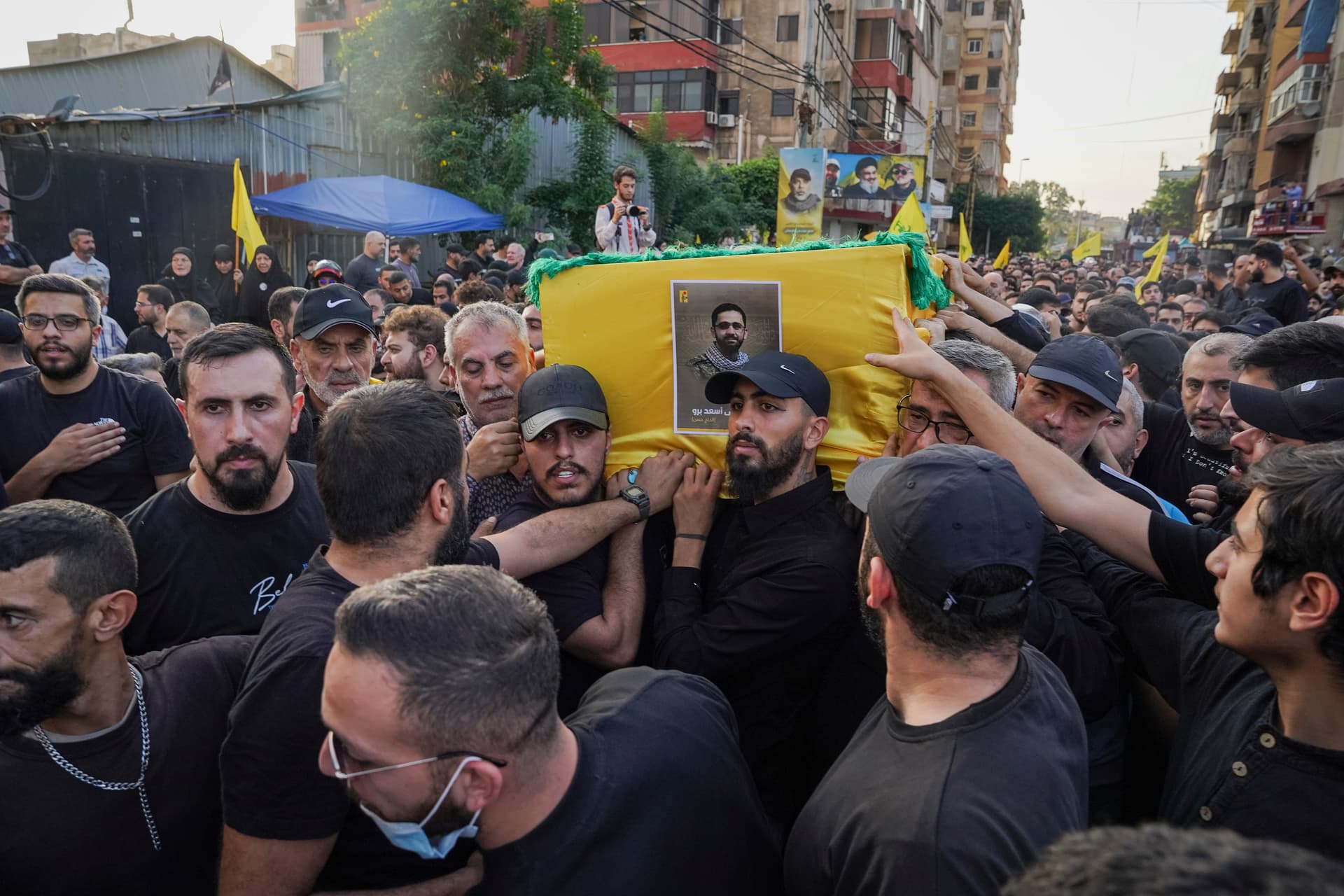
By DANIA F. ARAYSSI
|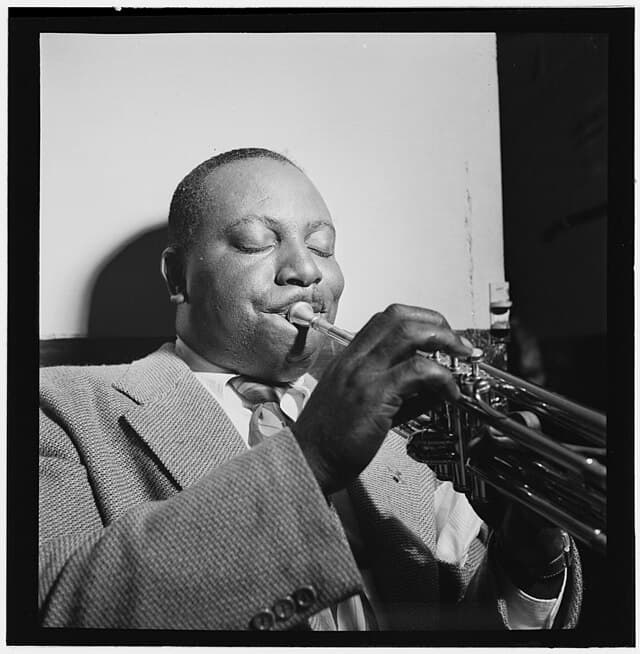
By CARL ROLLYSON
|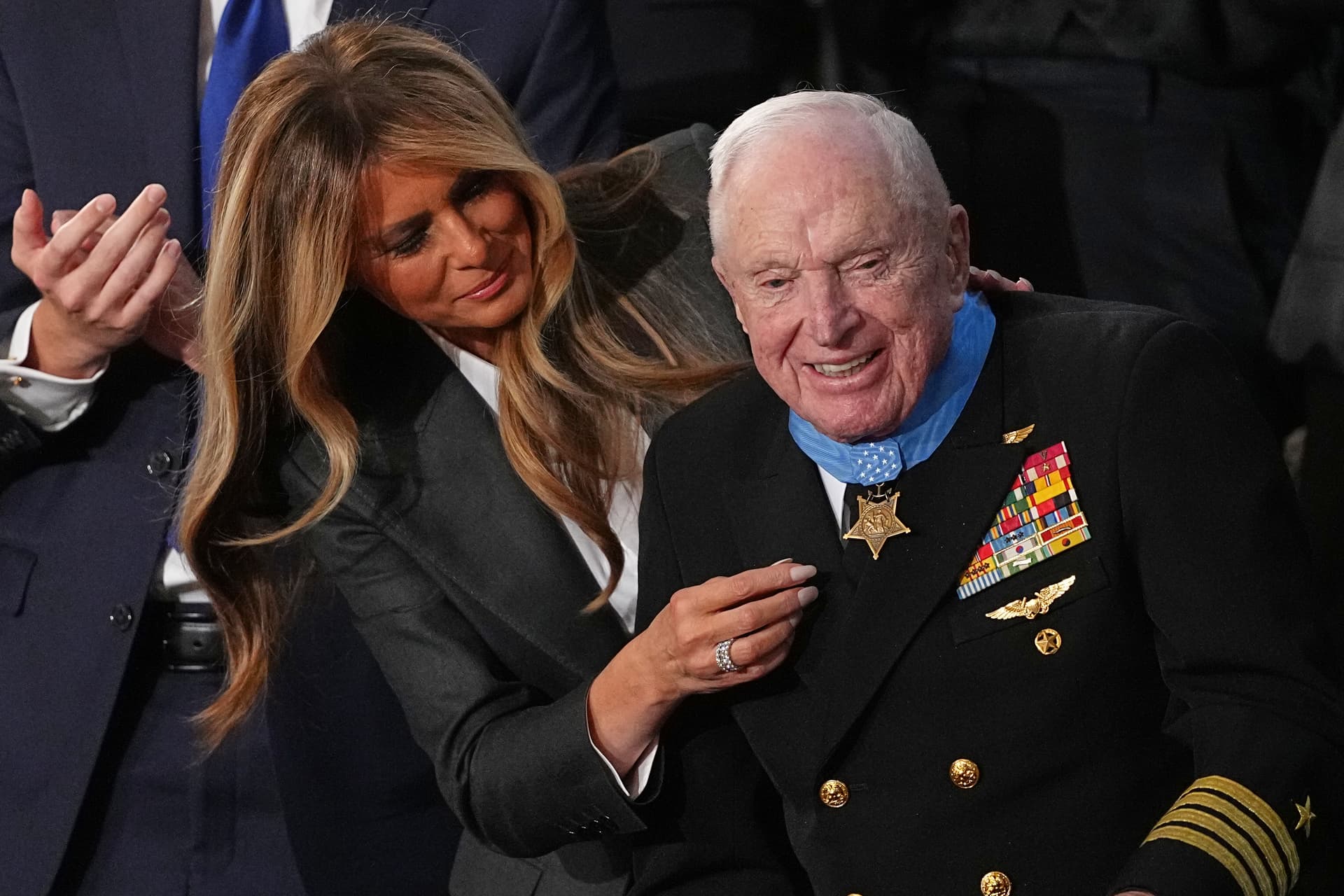
By THE NEW YORK SUN
|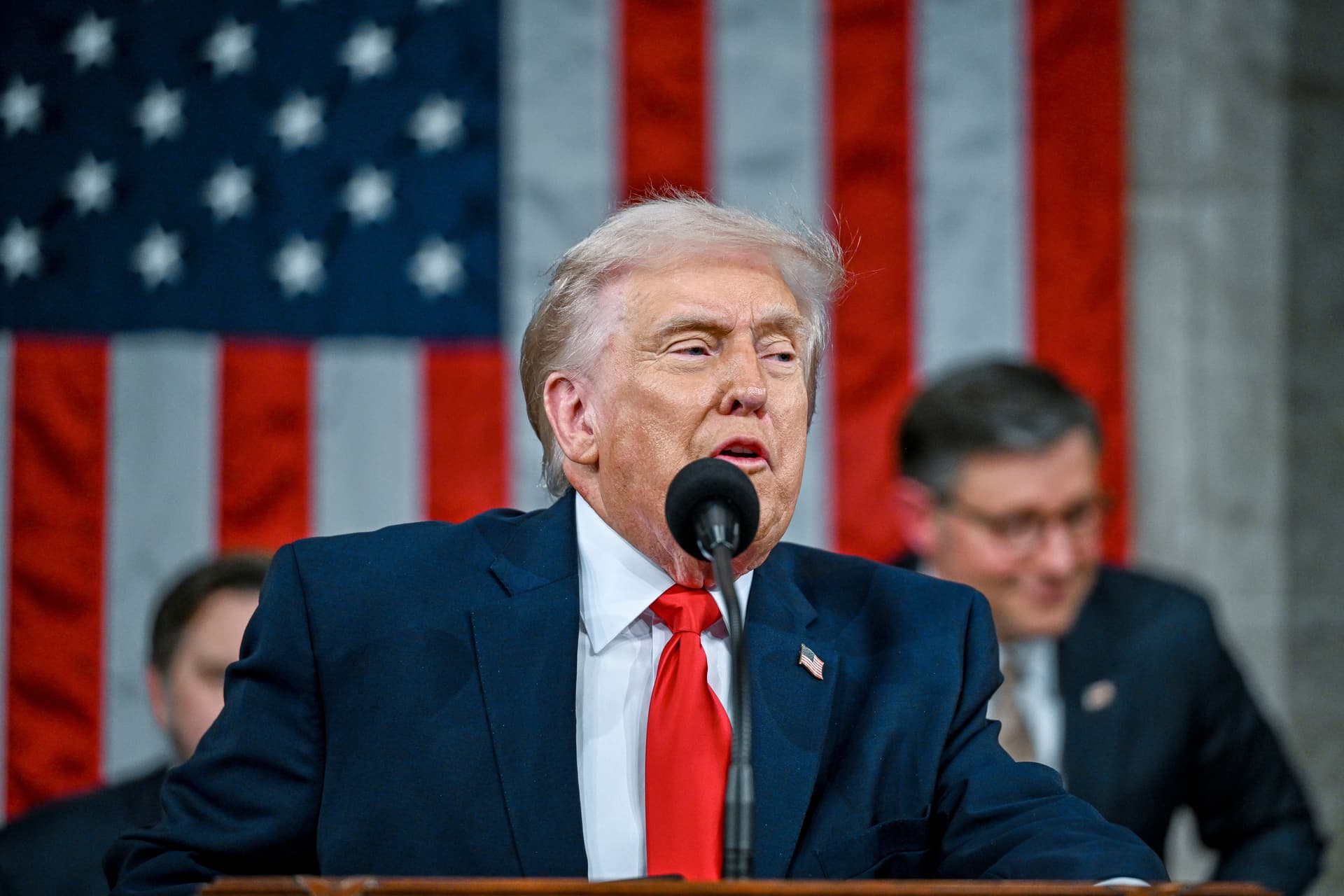
By MATTHEW RICE
|